As in Goran Stolevski’s previous film, Of an Age, his latest begins with a manic, almost grating energy, but eventually evolves into a tender, absorbing character study of misfits.
The opening features teenaged Vanessa (Mia Mustafa) belting out Sara Jo’s power pop song “Muskarcina” (Serbia’s 2022 Eurovision entry) loudly and off-key. It foretells the tornado-like effect that Vanessa will have on her family throughout. The family, living in Skopje, the capital of North Macedonia, is a small band of outsiders, who undergo a significant upheaval. Vanessa and her primary school-aged sister Mia (Dzada Selim) live with their feisty mother, Suada (Alina Serban), who has pancreatic cancer. Suada’s partner, Dita (Anamaria Marinca), a social worker, has created a topsy-turvy, yet close-knit safe space for queer people in her home. There is housemate Toni (Vladimir Tintor), around Dita’s age, and his younger early twentysomething lover, Ali (Samson Selim), and two other young adults—it is inferred that they are not welcome elsewhere because of their queerness.
It’s quite thorny to explain the ins and outs of the characters and relationships in the household, as the director reveals them slowly, eschewing preachy explanation. One of the film’s strengths is this unusual loving portrait of an imperfect family and its kinetic and, at times, argumentative rhythms. We often see them only within the house and its cluttered rooms, suggesting that the world outside is unsafe for them.
Before Suada dies, her wish is for Dita to raise Mia and Vanessa. In a country where queerness and queer adoption is not open nor permitted, Dita must marry a man to establish legal guardianship and an outwardly appearance of normalcy to others (co-workers, teachers, law enforcement). Dita, extremely reluctant, ends up marrying Toni to protect the children. She, nor Toni, are exactly prepared to raise children, especially the rebellious Vanessa.
The film also delves into the racism within Macedonian society, particularly the divisions between Whites and Romas. In the wake of Suada’s death, Vanessa eventually goes to visit her estranged Roma family, whom she had yearned to connect with. Ultimately, there is an ambivalence to this reunion and in her behavior in general that feels authentic. When Vanessa goes missing, the film starts to behave more like a contrived thriller, but admittedly, it’s captivating—perhaps in part due to the layers of characterization the story and its actors have created.
The camerawork by Naum Doksevski is mostly handheld. Its chaotic feel is occasionally distracting, especially in quieter moments. The tight 4:3 aspect ratio heightens this dizzying effect, though the close-up intimacy of the frame can be compelling. Music floods the film, from Serbian pop to Dita’s selections of classical music (famous pieces by Bach and Chopin and a few opera arias too, which aligns well with the film’s melodramatic touches)—a fitting mishmash for this mishmash group. (An eclectic soundtrack enhanced Of an Age as well.) The ensemble is very good. Young Dzada Selim in particular is spontaneous and lively, adding notes of wide-eyed, innocent humor that this film and family often need.

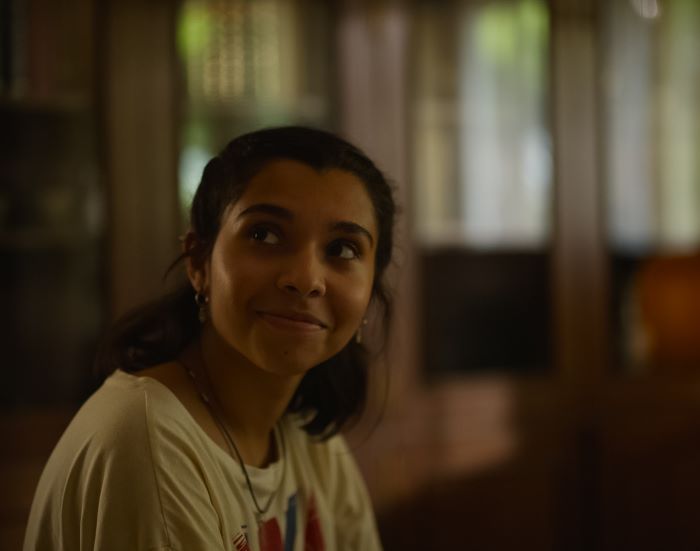
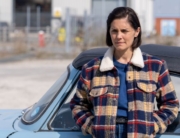
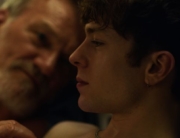
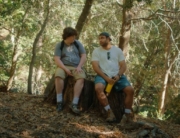
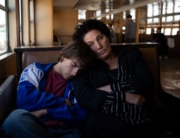
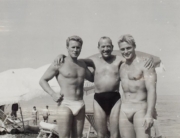










Leave A Comment